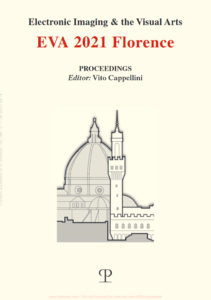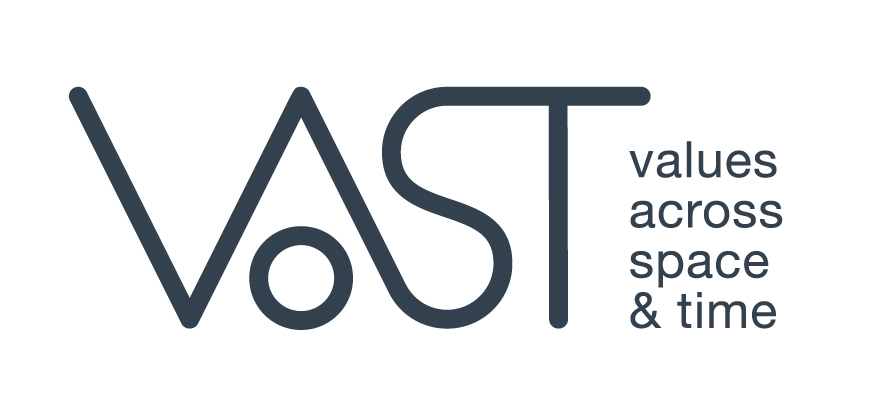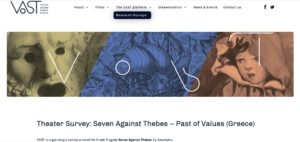VAST partner Marco Berni, Museo Galileo – Istituto e Museo di Storia della Scienza, presented the paper Advanced Digitization for the Promotion of the Moral Values Underlying the European Union in the EVA 2021 Florence (Electronic Imaging & the Visual Arts), which was held online on 14 June 2021.

The paper was created by the Museo Galileo – Istituto e Museo di Storia della Scienza team which consists of Marco Berni, Natacha Fabbri, Elena Fani, Carmen Gagliardi and Sofia Sasopoulou and focuses on the VAST project that will contribute to the promotion of the moral values that the European Union shares with its members from the beginning of its history along with its cultural heritage, using advanced digitisation, based on three distinct time periods of the past. Also the Museo Galileo will combine a storytelling platform with crowdsourcing, facilitating the platform’s users to create their stories and re-use the provided contents, disseminating these moral values.

